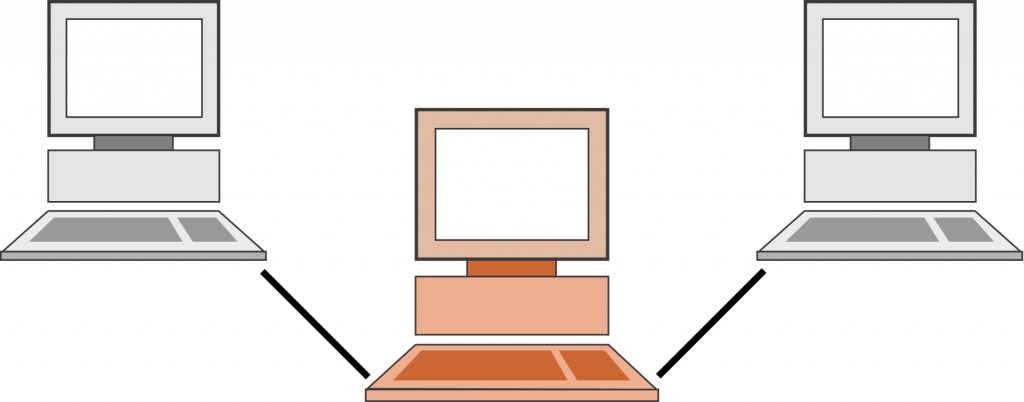An IP Address (the letters IP stand for Internet Protocol) indicates where on the World Wide Web a computer or other attached device is – and everybody on the Net has one. It may come as a surprise to know that many sites record the visitor’s IP Address as a matter of course and they know where s/he is. Usually, that doesn’t matter but there are times when someone wants to visit a site and doesn’t want the people running the site to know their location. It may be something as simple as wanting to buy a product from a country where it is offered more cheaply than they can buy it; they may have a more questionable – indeed, nefarious – reason. Whatever that reason is, one of the ways to achieve the desired result is to use an IP Proxy.
Put simply, an IP Proxy is a server that stands between a user and the place on the Net that the user is contacting. Then, instead of communicating directly with the target site, the user talks to the proxy and the proxy talks to the target on the user’s behalf.
 It’s easy enough to find proxy servers; typing the words “proxy server” into any search engine should produce a list of them. There are four main types.
It’s easy enough to find proxy servers; typing the words “proxy server” into any search engine should produce a list of them. There are four main types.
A transparent proxy is so called because it does not pretend to be anything other than what it is, and nor does it hide who the user is because the user’s IP Address is shown in the HTTP header. They therefore don’t offer anonymity and they are generally used for one of two purposes: to cache websites; and to allow people whose IP is banned to gain access to other sites. (The ban will frequently be nothing to do with the user but will exist because of a history of bad usage in the region in which it is situated).
Anonymous proxies identify themselves as proxy servers but don’t reveal the original user’s IP address to the target site. This type is detectable (because it says what it is) but for most users in most circumstances will provide anonymity.
A distorting proxy is a variant of the transparent and anonymous proxies because (a) it says that it is a proxy and (b) it gives what it says is the original user’s IP address but (c) it lies! The IP address that it says belongs to the original user in fact does not.
Finally, the high anonymity proxy does not identify itself as a proxy server and makes no original IP address available.
No-one should use a proxy server until they have obtained independent verification of its reliability because scattered around the Net are many malicious proxy servers, run by hackers or criminals – or both. Until the proxy server is known beyond doubt to be trustworthy, no personal information should be entrusted to it. Perhaps the easiest way to know whether a proxy server is trustworthy is: is it free? Why would someone install a Proxy Server on their computer and then let the world and his wife access it and use all their bandwidth? If it’s free, it’s probably also crooked.